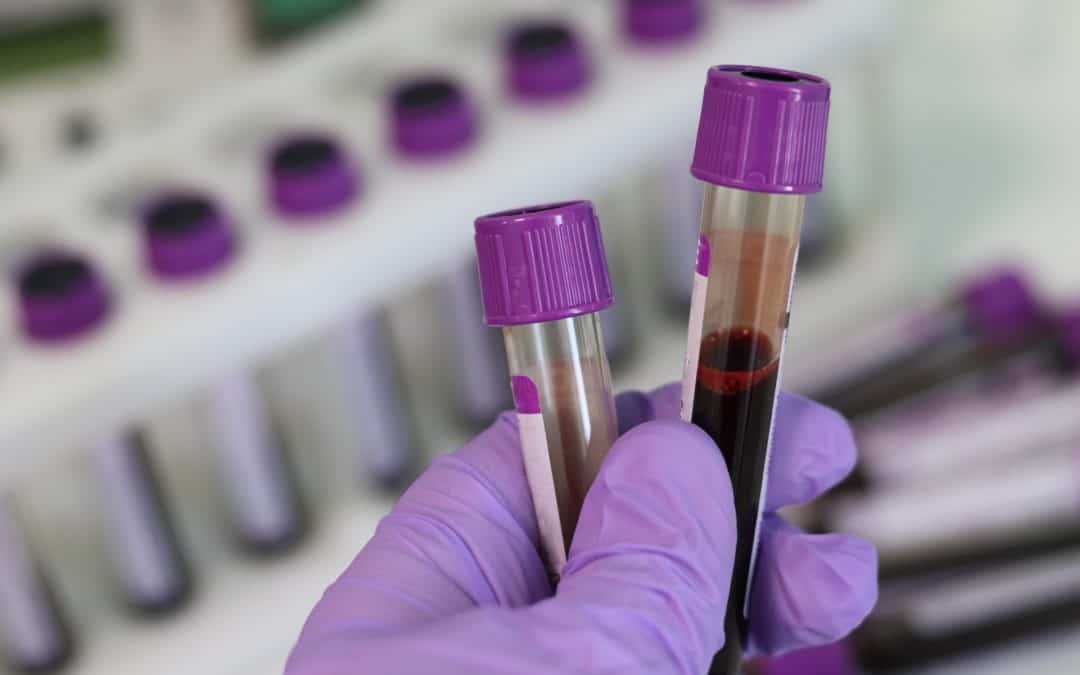Become a Phlebotomist in 6 Weeks
What you Need to Know about Phlebotomy
As a new year begins, it is time to take a closer look at the different responsibilities of a Phlebotomist. MedQuest College wants to celebrate one of our newest programs. During their 6-week course, Phlebotomy students in Lexington receive accelerated training in an advanced laboratory. This training prepares Lexington area students to work in a variety of healthcare facilities following graduation. Obtaining the skills needed to have a career in Phlebotomy has never been easier or more accessible than now at MedQuest College in Lexington.
First of all, Phlebotomists play an essential role in healthcare clinics or hospitals, where they are responsible for the collection of blood samples for further processing and diagnosis. The relationship a Phlebotomist has with nurses and doctors help them play a vital role in the modern healthcare process. Because the healthcare information leaving a Phlebotomy lab is so rich, one might say that laboratory work is some of the most important in any facility. Familiarizing oneself with the duties for which a Phlebotomist is easy.
First and foremost, a Phlebotomist is a required to obtain blood samples from a patient. These samples are used to diagnose illnesses and advise other healthcare professionals of changes in the overall health of a patient. There are a number of blood tests a trained Phlebotomist can administer. A CBC (complete blood count) is a common test and is used to diagnose illnesses like anemia, leukemia and/or general infections. Phlebotomists most often collect samples in vacationers and often work directly with patients in order to communicate best care practices. Understanding how to properly dispose of needles and care for lab equipment properly is an important component of working as a Phlebotomist.
Additionally, Phlebotomists are responsible for the overall experience from the moment a patent enters the lab to departure. This means always maintaining a sterile environment and using proper techniques in order to avoid “double sticking” a patient. Knowing how to differentiate between different veins allows a Phlebotomist to perform their duties without any issues. While relatively uncommon, there are complications possible during a visit to the phlebotomy lab. Communicating clearly with a patient in a safe space ensures all procedures are completed effectively and without any unusual activity. Success like this begins with the right training led by experienced professionals.
The most common type of procedure in the Phlebotomy lab is the venipuncture, during which a vein is punctured in order to collect blood specimens from a patient. Correct administration of this procedure can take place multiple times a day in a single lab. The experience a patient has during this common procedure can reflect positively on the lab itself and the Phlebotomist working in it.
In addition to collecting samples, a Phlebotomist must record all patent information for safe keeping and delivery to the proper agencies. Finally, modern Phlebotomists are also responsible for billing insurance companies after carefully reviewing testing requests and their results. Taking inventory and properly sterilizing all surfaces are additional duties performed by Phlebotomists working today.
In order to work full-time as a Phlebotomist, students need to enroll in programs like the one currently offered at MedQuest College in Lexington. This program is all encompassing as it covers areas such as proper procedure administration, safety and record keeping in just 6 weeks. Our trained staff will work with you during and after the program in order to provide career assistance. All students receive Externship credit as a component of the program. Schedule your tour today and take the first steps toward becoming a professionally certified Phlebotomist at MedQuest College.
Due to our commitment to keep our student’s best interests in mind MedQuest College has chosen to phase out the Phlebotomy program due to lack of jobs available to those certified in phlebotomy. We encourage those who are interested in a career in healthcare to check out our Medical Assisting program which has an 89% job placement rate.


Do you have this program in Louisville
Hi Debra! We no longer offer our Phlebotomy program. You can however, learn the same skills and more in our Medical Assisting program! Here is more information: https://medquestcollege.edu/medical-assisting.html